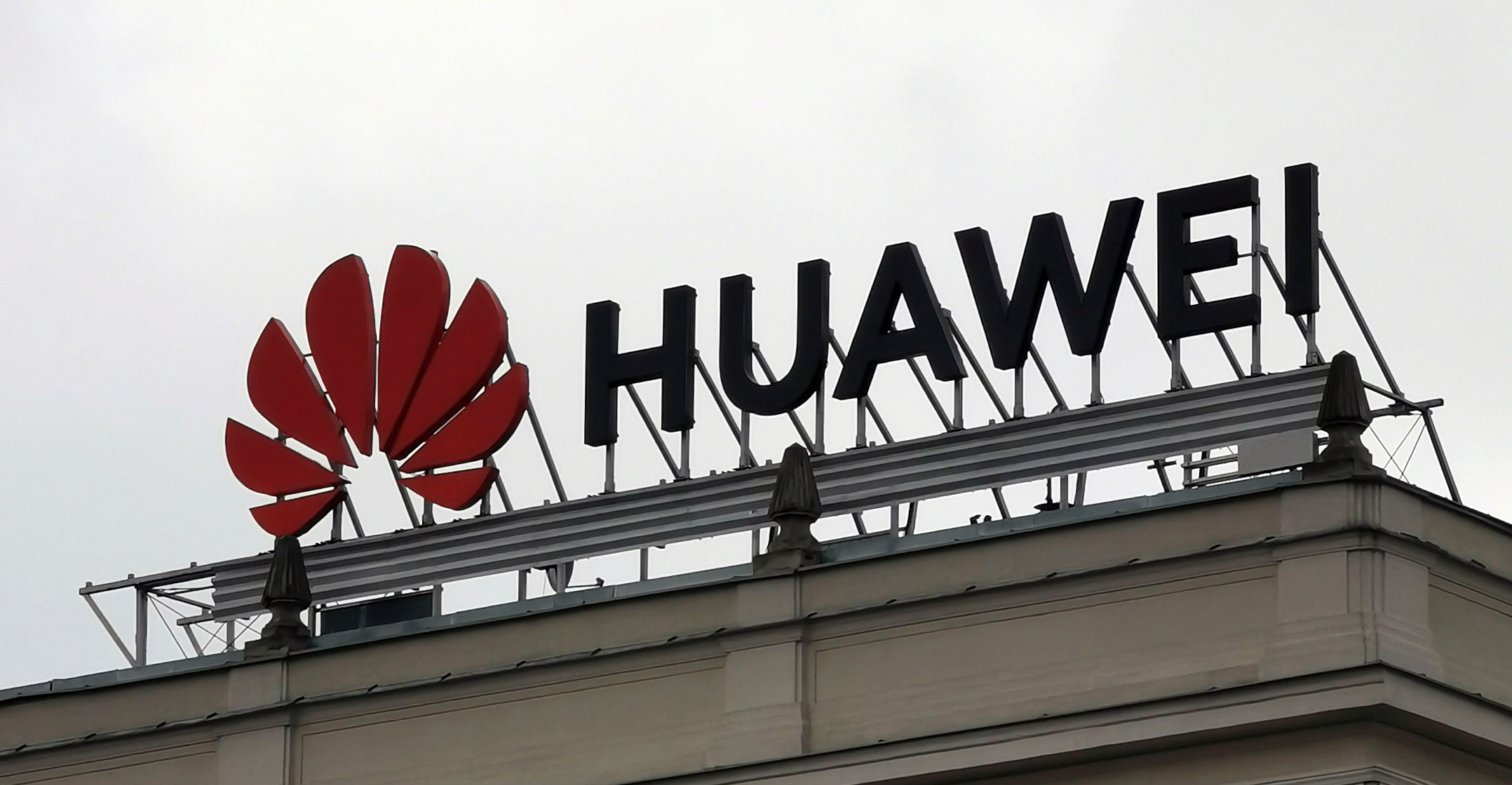 The Biden administration has stopped approving licences for US companies to export most items to China’s Huawei, according to three people familiar with the matter.
The Biden administration has stopped approving licences for US companies to export most items to China’s Huawei, according to three people familiar with the matter.
Huawei has faced US export restrictions around items for 5G and other technologies for several years, but officials in the US department of commerce have granted licences for some American firms to sell certain goods and technologies to the company. Qualcomm in 2020 received permission to sell 4G smartphone chips to Huawei.
A commerce department spokesman said officials “continually assess our policies and regulations” but do not comment on talks with specific companies. Huawei and Qualcomm declined to comment. Bloomberg and the Financial Times earlier reported the move.
Chinese foreign ministry spokesman Mao Ning said that China opposes the US abusing an overly broad notion of national security to suppress Chinese firms unreasonably.
The move “goes against the principles of the market economy and rules of international trade and finance, hurts the confidence the international community has in the US business environment and is blatant technological hegemony,” Mao said during a press conference in Beijing on Tuesday.
One person familiar with the matter said US officials are creating a new formal policy of denial for shipping items to Huawei that would include items below the 5G level, including 4G items, Wi-Fi 6 and 7, artificial intelligence, and high-performance computing and cloud items.
Another person said the move was expected to reflect the Biden administration’s tightening of policy on Huawei over the past year. Licences for 4G chips that could not be used for 5G, which might have been approved earlier, were being denied, the person said. Towards the end of the Trump administration and early in the Biden administration, officials had still granted licences for items specific to 4G applications.
Blacklist
American officials placed Huawei on a trade blacklist in 2019 restricting most US suppliers from shipping goods and technology to the company unless they were granted licences. Officials continued to tighten the controls to cut off Huawei’s ability to buy or design the semiconductor chips that power most of its products.
But US officials granted licences that allowed Huawei to receive some products. For example, suppliers to Huawei got licences worth $61-billion to sell to the telecoms equipment giant from April through November 2021.
Read: Huawei sees ‘business as usual’ as US sanctions impact wanes
In December, Huawei said its overall revenue was about $91.5-billion, down only slightly from 2021 when US sanctions caused its sales to fall by nearly a third. — Chavi Mehta, Stephen Nellis, Alexandra Alper, Karen Freifeld and Yew Lun Tian, with David Kirton, (c) 2023 Reuters

